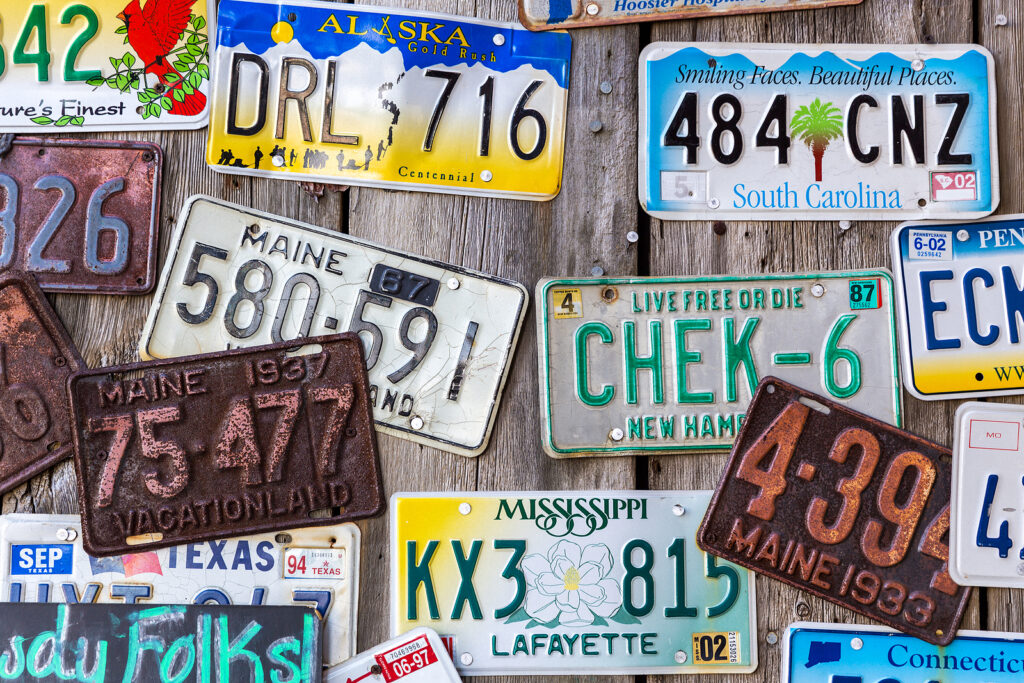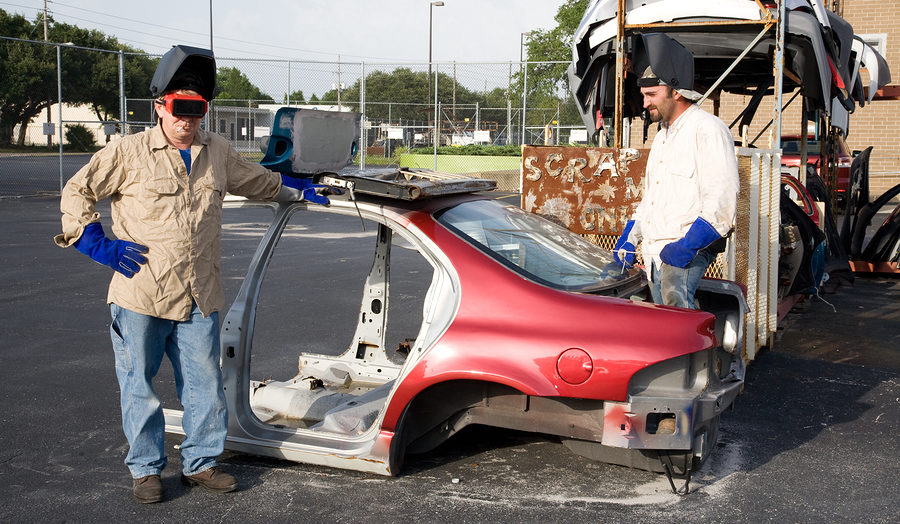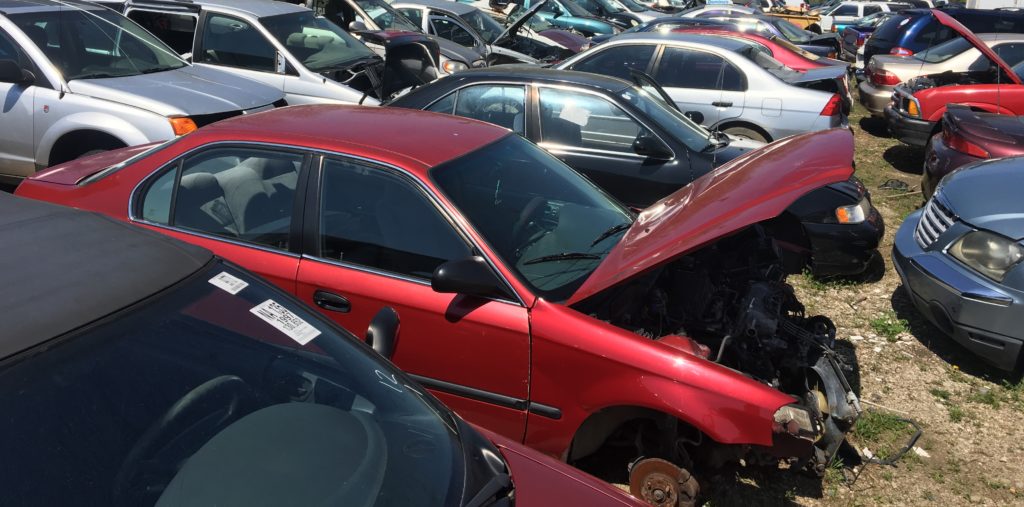Are you ready to sell a junk car in Kentucky but you are concerned that you might face some challenges because it’s registered in a different state? Continue below to learn what you need to know about selling an out-of-state junk car.

Regulations Regarding Out-of-State Junk Car Sales
There are many reasons why a person might have an out-of-state vehicle to scrap. Someone people wreck their cars on cross-country road trips, while others relocate but never get around to updating the registration. Regardless of why you need to scrap a junk car in another state, your first step is to verify the legal documents required for the task.
Although it is not illegal to junk a car that is registered in another state, there are several regulations and requirements that must be followed. Otherwise, attempting to sell a junk car in another state would pose the same challenges as trying to sell a car without a title. There are laws in place to prevent out of state car scrapping for good reason. For example, it prevents the demolition of vehicles that are used to commit crimes.
Junk Car Selling Process for Out of State Vehicles
Before selling an out-of-state vehicle, the information for the car must be officially transferred to the current state. There are certain forms that must be filled out and submitted to make this happen. Talk to the local BMV for information on how to do this. While waiting for all paperwork to go through, you will need to have your transferred to a secure space.
Both towing and storage will be out-of-pocket expenses, and they will not come cheap. Many people choose to have their vehicles transported to a paid airport parking lot, while others rent a parking spot at a storage facility. Either way, expect to pay a lot of money.
The alternative to filing the paperwork and moving forward with the process of selling a scrap vehicle out of state is to have your junk car towed back to the state it is registered in. You can pay for a towing company to transport your car to a junkyard there, or if you are lucky, the junk car buying company might pick up the car for free. This way, you get paid for your junk car in full, rather than deducting fees for towing and storage.
Are you ready to sell a junk car in Kentucky? Contact GC’s Junk Cars at 502-804-5605 to sell your junk car for cash on the spot to a trusted Louisville junk car buyer! We offer free junk car removal in all surrounding counties.
Related Posts:
Do You Need Junk Car Disposal in Kentucky?
3 Good Reasons Why You Should Sell Your Junk Car Today
What to Do After Totaling an Uninsured Car in Kentucky








